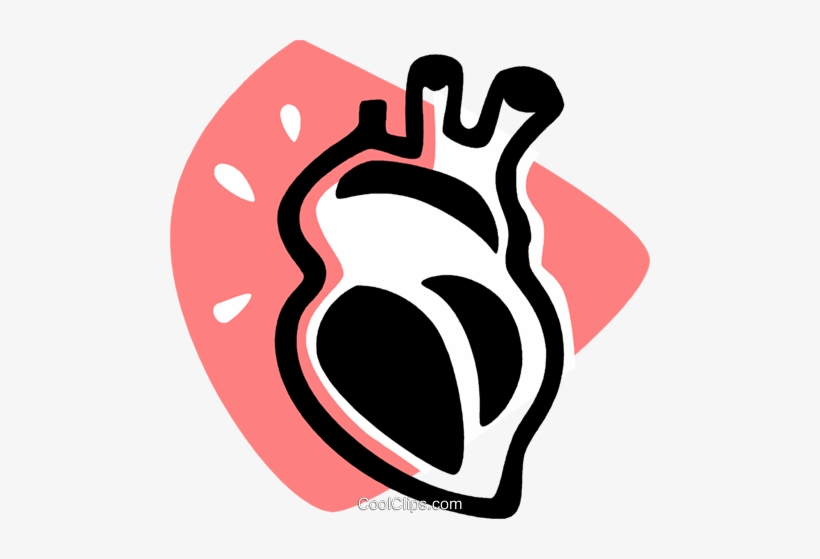Hi all,
So it has been a LONG TIME since my last post. I have been trudging through the Melbourne lockdown and all that has come with that BUT here we are now slowly seeing some light at the end of the tunnel. I have been busy getting back into working, and I am now consulting from two sites, so that has involved a lot of organisation *procrastination* on my end but I’M BACK!
Following on from my first post about “Why I became a dietitian” in my series this will be PART 2 (as the title suggests). During the month of October, I participated in The Heart Foundations “MyMarathon”. The goal was to complete a marathon (42.2km) over the month of October. All the money that is raised goes towards funding lifesaving research into cardiovascular disease.
I have cardiovascular disease on both sides of my family. On my mother’s side there has been stroke in each generation, and heart conditions (such as atrial fibrillation). The biggest shock of all though, happened 5 years ago when my (paternal) grandfather suddenly passed away from a major heart attack.
He was fine one day, and in ICU the next. He drove himself to the doctor, and they called emergency (this still makes me sad). We as a family needed to make the difficult decision to turn off his life support. He was not overweight. He LOVED fresh fruit, nuts, and lean meat. He was quite active for a man in his mid-70s, he looked young, and he had beautiful olive skin. Amongst all the risk factors he did not have for heart attack, there was one incredibly significant risk factor that he did have – he had type 2 diabetes.
Unmanaged type 2 diabetes is just as “strong” a risk factor for having a heart attack as being diagnosed with heart disease. Having high blood sugar over a long period of time can damage the lining of the arteries. There are two main categories of complications that occur as a result of long-term diabetes are microvascular and macrovascular. The microvascular complications include retinopathy (damage to the eyes), nephropathy (damage to kidneys) and neuropathy (damage to nerves). This can cause blindness, amputations, and impotence. Macrovascular complications are those that become more life threatening such as heart disease, peripheral vascular disease, and cerebrovascular disease.
My grandfather had a few tell-tale signs that his diabetes was taking a toll on his body. These were signs that I was not aware of as a third-year nutrition student, and signs my sister was not aware of as a year 12 student, that is now an amazing nurse, but they are signs that SHOULD HAVE alarmed his GP. Some of these signs were that he began having cold extremities all the time (feet, and hands), he was beginning to be a little less safe driving on the road (losing feeling in his feet), and he also had recurrent UTIs (urinary tract infections). This was probably a sign of his kidneys no longer working as well as they should have. He also began having some trouble with memory, and strange mini blackouts which would lead to falls. We thought maybe he was developing dementia, but the blackouts could have also been attributed to trouble with his heart, something we did not think of at the time but looking back it paints a strong picture. The “cherry on top” of all this information, is that he had sugars of up to 20mmol/L (a normal range for diabetes is ~4.0 – 8.0mmol/L).
I will forever wonder WHAT IN THE WORLD his GP was doing, because she certainly wasn’t managing his diabetes, was not advocating for him, was not explaining treatments and effects of diabetes and it ultimately took him from us prematurely. This is something that changed me, as I will always hold some anger towards this GP and it further fuelled my dietitian fire. It made me VOW that I would always take changes, chronic conditions, and new symptoms seriously.
Before I continue, I need to mention that if you are diagnosed with diabetes IT CAN BE WELL MANAGED with diet and daily medication. It does not mean that you will end up another statistic like my beautiful grandfather, so please do not become extra alarmed after reading this. Another fact a person with diabetes must be aware of, is that it is a progressive condition. Even if you do manage it perfectly, your blood sugars may do funny things, and the diabetes can progress over time, also there are many things that do effect your blood sugar levels outside of your diet, like stress and illness.
SO – HOW CAN YOU MANAGE YOUR TYPE 2 DIABETES?
Currently, it is not common practice for newly diagnosed diabetes patients to be referred to a diabetes educator and dietitian by their GP. New diagnoses of high cholesterol and high blood pressure do not automatically generate referrals to dietetics either. I think that is just MADNESS and I am sure most people would appreciate being educated around a newly diagnosed condition to feel confident in managing it.
The first line in managing type 2 diabetes (and high blood pressure/ cholesterol) is through changes to lifestyle. This encompasses your diet and exercise. The focus of your consumption would be to have a balanced diet. This is why if you are a newly diagnosed case of type 2 diabetes, (or high blood pressure, and high cholesterol) or even if you have had the condition long term and still feel like you haven’t quite NAILED the management of it, you should see a dietitian.
As an example, this would mean focusing on:
- Getting your five serves of vegetables, and two serves of fruit with a focus on wholegrain fibre sources.
- Consume carbohydrates regularly and evenly through the day
- Have a decreased amount of saturated fat
- To consume less alcohol
- To increase your physical activity
These all sound like pretty straight forward and “easy” steps, but having a dietitian there to guide you through it can make you feel better supported, to give you individualised advice and to make you more responsible for your choices.
Cardiovascular disease causes 1 in 4 deaths and claims the life of someone every 13 minutes. Nearly DOUBLE the amount of men die from cardiovascular disease than women. Despite this, 50% of Australian women have two or more risk factors for heart disease. This risk increases dramatically in menopausal women. You never know when it might be you or your family that is affected by cardiovascular disease.
Listen to your body. You often KNOW when something is off, so DON’T be afraid to speak up to your GP or health provider. Ask for further testing, continue monitoring your blood pressure, continue having yearly blood tests for your cholesterol, and blood glucose control. I began having these blood tests this year aged at only 25.
Do not hesitate to visit emergency if you think you or your loved one is suffering from a heart attack or stroke. PLEASE DO NOT “feel silly” about visiting emergency for a suspected cardiovascular even, your loved ones would much rather you be safe and ALIVE.
Thanks for reading, and thankyou for continuing to support me (to my 2 fans out there!)
Stay healthy and happy!
Until next time,
Big Sis x
P.s If you want more information visit The Heart Foundation website, https://www.heartfoundation.org.au/or this has raised any concerns for you, and you would like to see a me for an individual consultation please email me at bianca@bigsisnutrition.com



Wow, superb weblog layout! How long have you
ever been blogging for? you made running a blog glance easy.
The overall glance of your website is magnificent, let alone the content!